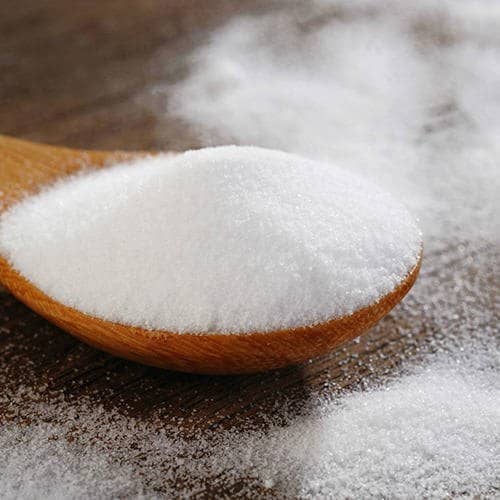Welcome To ChemAnalyst

Potassium Chloride (KCl), also frequently referred to as muriate of potash, or MOP is the world's most valuable and commonly used Potassium fertilizer. Because of its inexpensive cost and the fact that it contains more potassium (K) than most other sources (50 to 52 percent K and 45 to 47 percent Cl), it is one of the most extensively used K fertilizers in the world. Farmers broadly utilize these K fertilizers in the agriculture field to overcome various plant inadequacies. They add this critical plant nutrient to soils that lack the amount of potassium required by crops for an array of reasons, including disease resistance, drought tolerance, plumpness of grain and seed, enhancing stem rigidity, cold hardiness, and others. In the soil water, Potassium Chloride dissolves quickly as K+ will be maintained on clay and organic matter's negatively charged cation exchange sites. The Cl- component of the molecule will easily float in water. A very pure grade of KCl can be dissolved and applied through irrigation systems for fluid fertilizers.
Collectively, Russia and Belarus supply 40% of the primary component of fertilizer, potash around the globe. Hefty sanctions against Russia, as well as the failure of Belarus' fertiliser manufacturers to satisfy its commitments, have resulted in a global scarcity, causing fertiliser prices to skyrocket, more than tripling in certain locations. As the cost of Fertilizers have risen dramatically around the globe due to disruptions in shipments caused by sanctions and war, the prices of Potassium Chloride have also surged effectively in response. "All of this is a double whammy, if not a triple whammy," said an industry expert. "We have geopolitical risk, greater input costs, and basically," he continued." The fertilizer shortage and high prices could lead farmers to rotate into crops that require less fertilizing, affecting supply, as well as the potential for reduced crop yields as they conserve fertilizer.
Fertilizer supply and pricing got a lot worse when Belaruskali, a large Belarusian potash miner that accounts for a significant portion of world supply, declared force majeure in February, rattling up a market that was already dealing with skyrocketing prices. Given the current circumstances, potassium chloride costs are predicted to rise further and are unlikely to stabilise anytime soon.
We use cookies to deliver the best possible experience on our website. To learn more, visit our Privacy Policy. By continuing to use this site or by closing this box, you consent to our use of cookies. More info.
